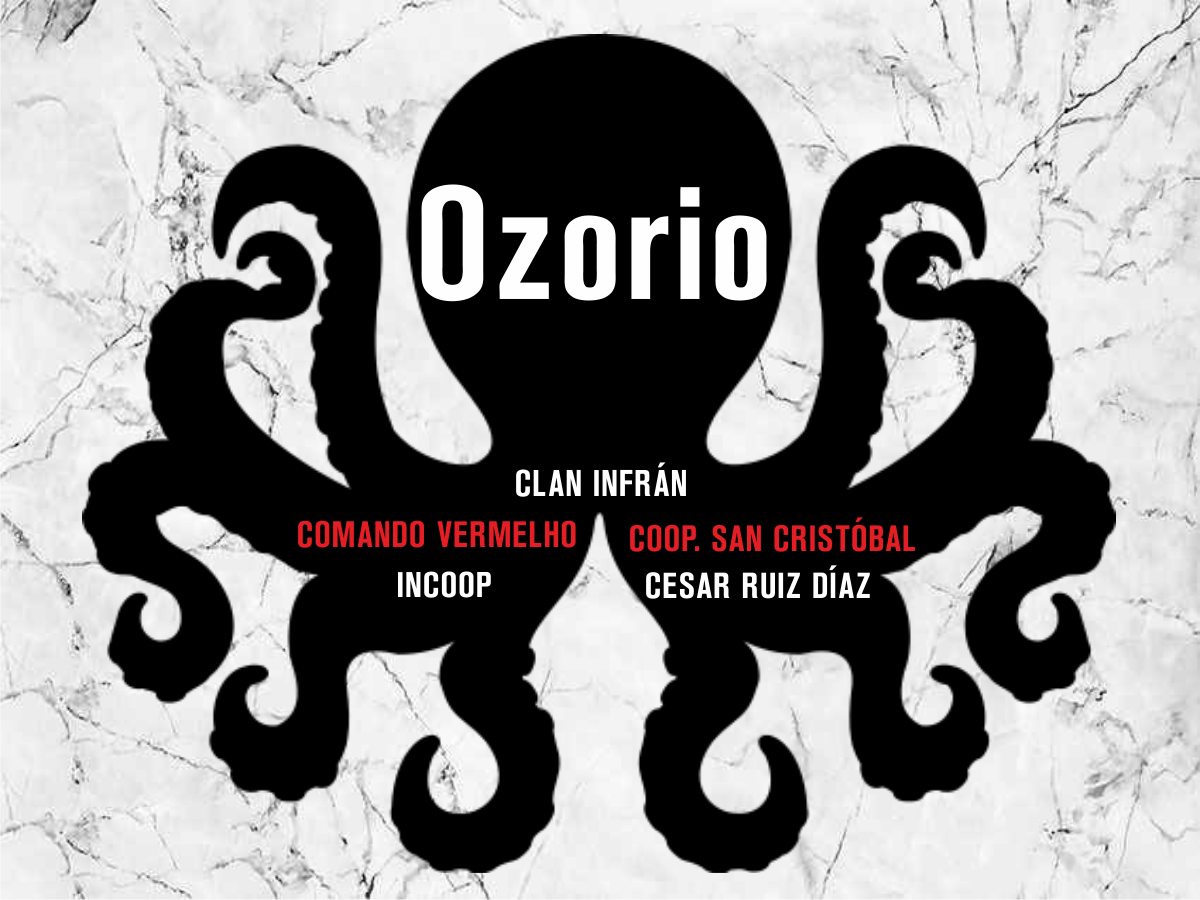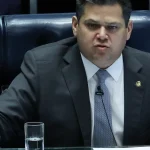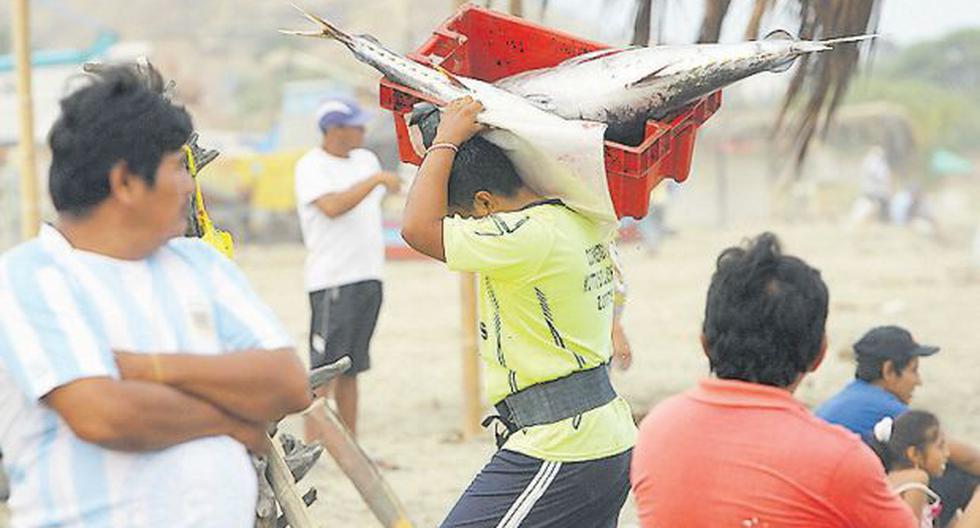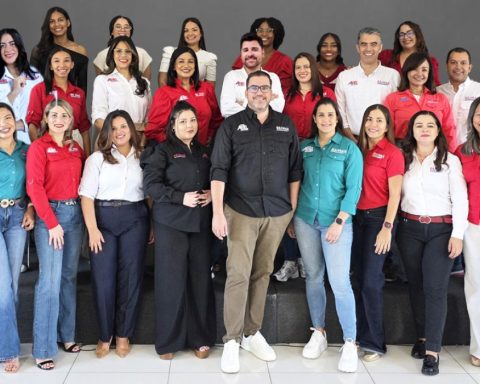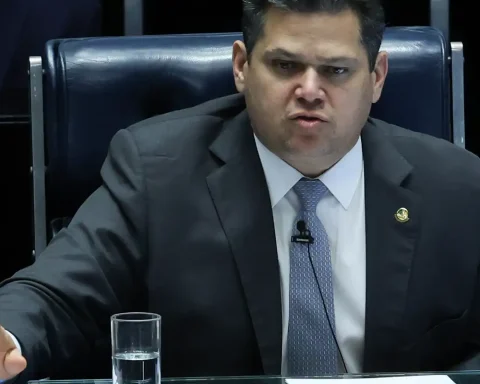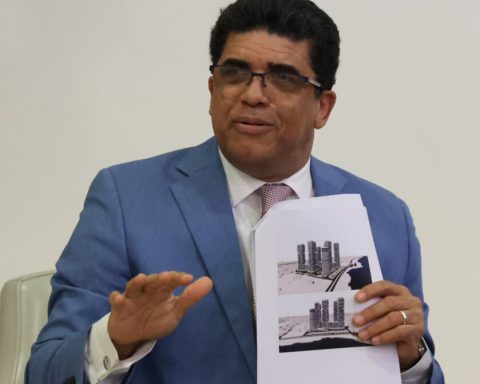The tentacles of former deputy Juan Carlos Ozorio, cut off from the Chamber of Deputies after publications that point to him as the leader of a narco group reach the president of Cetrapam, César Ruiz Díaz, the former president of Incoop, Félix Jiménez, who in turn is linked to the chartist deputy “Bachi” Núñez. All of them have millionaire credits in the San Cristóbal Cooperative, chaired a few days ago by Ozorio himself.
In a single extract belonging to César Ruiz Díaz, it can be seen that the president of the Transportation Entrepreneurs (Cetrapam) suspiciously moved G. 512,000,000 between credits and check discounts in the aforementioned San Cristóbal Cooperative.
On the other hand, the ex-wife of César Ruiz Díaz, Alicia Lezcano, who is director of credit cards and manager of social services of the same financial entity, moved millions of guaraníes in savings, credits and check discounts, according to another extract.
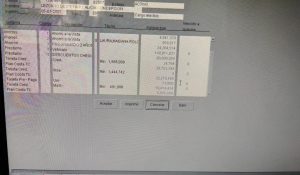
Félix Jiménez Castro, former president of Incoop, appointed by Horacio Cartes in 2015 and who was in office until 2019, was in charge of controlling and supervising the San Cristóbal cooperative, however Jiménez also moved a suspicious amount of G. 956,000,000. The same, when leaving the Incoop on January 20, 2020, presented in his Affidavit of Assets and Income before the comptroller, declaring to have another credit of G. 400,000,000 for a term of 120 months in the Cooperative. Jiménez Castro was also the former director of the Ibero-American Organization for Municipal Cooperation (OPACI) and appears as the legal representative of the company Marca G, with RUC 80068942-9, in which the Chartist deputy Basilio “Bachi” Nuñez owns shares for G 300,000,000. , according to an affidavit presented by the legislator in 2018.
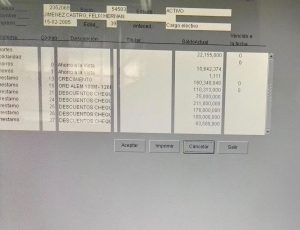
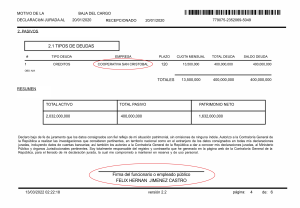
In addition, “Bachi” Núñez later made a rectification of his affidavit in June 2020 and claimed to have a long-term loan with the Cooperativa San Cristóbal de G. 1,073,000,000. Interestingly, the credit with the cooperative already has “two years of grace”, because a single installment was never paid, according to the rectification of the 2020 affidavit of deputy “Bachi” Núñez, where he also acknowledged that it was already a credit of June 2018.
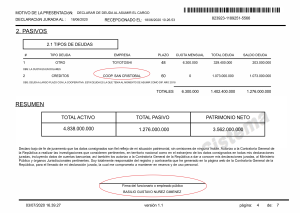
Ozorio used the Cooperativa San Cristóbal to launder money; the client delivered a sum x (eg USD 100,000) to former deputy Ozorio. This in exchange granted the client a credit where he withdrew USD 80,000. The difference went to the cooperative USD 10,000 as “interest” and to Ozorio USD 10,000 more as commission. He also used the Cooperative to make millionaire payments to the members of his criminal organization that produced and marketed cocaine and marijuana. In just one excerpt it can be seen that Ozorio mobilized more than G. 600,000,000.
According to information, one of the people who frequented Ozorio the most in the offices of the San Cristóbal Cooperative was former deputy Cynthia Tarragó, who is being held in the United States for money laundering.
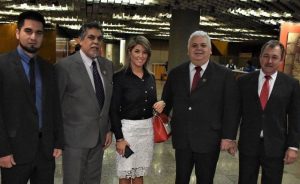
At this point, one may wonder, how far did the tentacles of former deputy Juan Carlos Ozorio reach and who else participated in his money laundering scheme? Do the credits really exist in the accounting entry of the cooperative? Will the Prosecutor investigate his accomplices or fix them in exchange for votes in the Chamber of Deputies?
